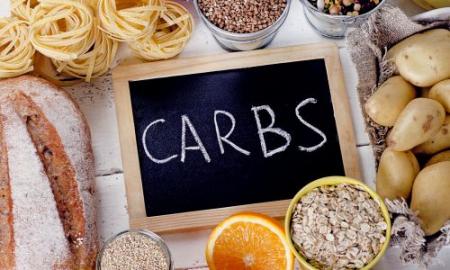This Is What Happens to Your Body When You Stop Eating Carbs
Your body may react in a number of ways if you cut back or completely eliminate carbohydrates from your diet. The main source of energy is carbohydrates, and changing your consumption can affect your weight, metabolism, energy level, and nutrient balance. While some people may benefit from low-carb or ketogenic diets, it's crucial to be aware of any possible negative effects on your body. In addition to initial weight loss, ketosis, adjustments to energy levels, changes in appetite and cravings, vitamin deficiencies, and effects on physical performance are all discussed in this article regarding what happens to your body after you stop eating carbohydrates.
Several changes in your body may take place when you reduce or completely eliminate carbohydrates from your diet:\
Initial loss of weight: The body stores carbs as glycogen, which is a water-bound compound. When you eat fewer carbohydrates, your glycogen reserves are depleted, which initially causes you to lose water weight. The brief weight loss is mostly due to water loss rather than fat loss.
Ketosis: When you consume very few carbohydrates, your body may go into a metabolic state known as ketosis. When the body switches from using carbs as its main fuel source to using fat as a substitute, ketosis sets in. The liver creates ketones during ketosis, which are chemicals that can fuel the brain and other organs. The foundation is this method.
Potential nutrient deficiencies: Foods high in carbohydrates, such as whole grains, fruits, and starchy vegetables, are critical providers of nutrients like fibre, vitamins, and minerals. If you don't replace these items with appropriate substitutes or make sure your diet is well-balanced, eliminating or severely restricting them from your diet may increase the risk of vitamin deficiencies.
Impact on physical performance: The main energy source for athletic performance and high-intensity activity is carbohydrates. Some people may see a decline in exercise capacity when following a low-carb or ketogenic diet, particularly during challenging or protracted workouts. Others, though, can adapt to using fat as fuel and may excel in endurance sports.
Energy fluctuations: The body prefers carbohydrates as its main energy source. You can suffer a brief drop in energy levels and possibly experience exhaustion when you lower your carbohydrate intake, especially in the beginning. On the other hand, some people adjust to using fat as an energy source over time and experience an improvement in energy and clarity of thought.











